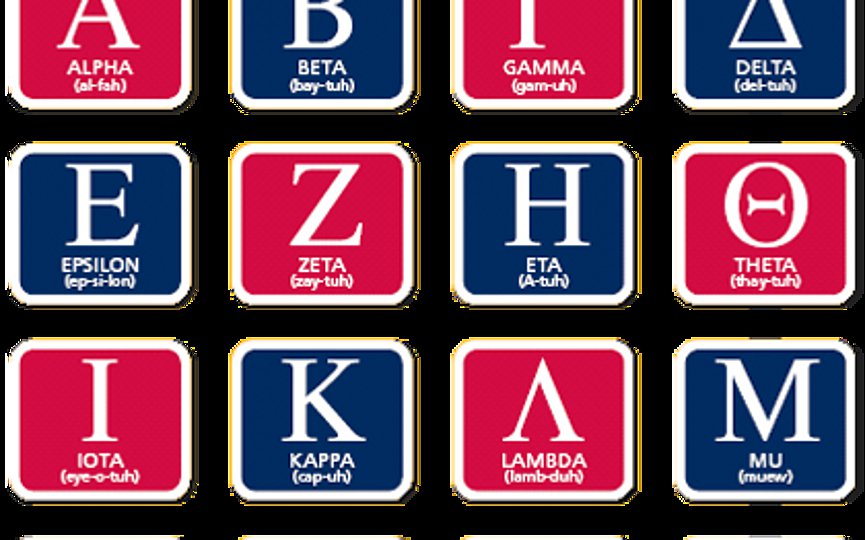General News
Meropi Kyriacou Honored as TNH Educator of the Year
NEW YORK – Meropi Kyriacou, the new Principal of The Cathedral School in Manhattan, was honored as The National Herald’s Educator of the Year.

Easy and common phrases you may use to describe in Greek your Greek class.
DO YOU DO YOUR HOMEWORK?
Greek phrase Pronunciation Translation
Ε: Γράφετε YRAfete Do you write
ασκήσεις στο σπίτι; aSKEEsis STO SPEEti? the homework?
Μ: Ναι, γράφουμε NE, YRAfoome Yes, we write
ασκήσεις aSKEEsis exercises.
στο βιβλίο STO viVLEEo in the book
με μολύβι. ME moLEEvi. with a pencil.
Ε: Έχετε μολύβια Ehete moLEEvia Do you have pencils
στο σχολείο; STO shoLEEo? at school?
Μ: Έχουμε κασετίνα Ehoome kaseTEEna We have a pencil case
με γόμα, στυλό ME GOma, stiLO with an eraser, pens
και μολύβια. KE moLEEvia. and pencils.
Ε: Μαθαίνετε λέξεις; maTHEnete LExis? Do you learn words?
Μ: Ναι, μαθαίνουμε λέξεις NE, maTHEnoome LExis Yes, we learn words
και γράφουμε φράσεις KE YRAfoome FRAsis and we write phrases
στον πίνακα STON PEEnaka on the board
με κιμωλία. ME kimoLEEa. with chalk.
Ε: Διαβάζετε diaVAzete Do you read
τις λέξεις; TEES LExis? the words?
Μ: Ναι, διαβάζουμε NE, diaVAzoome Yes, we read
τις ασκήσεις. TEES aSKEEsis. the exercises.
BASIC VOCABULARY
Greek phrase Pronunciation Meaning
Εμείς μαθαίν-ουμε eMEES maTHEnoome we learn
Εσείς μαθαίν-ετε eSEES maTHEnete you learn (Plural, polite)
Εμείς διαβάζ-ουμε eMEES diaVAzoome we read, study
Εσείς διαβάζ-ετε eSEES diaVAzete you read, study (Plural, polite)
Εσείς διαβάζ-ετε; eSEES diaVAzete? Do you read? (Plural, polite)
Τα παιδιά διαβάζ-ουν TA pediA diaVAzoon The kids read, study
Εμείς γράφ-ουμε eMEES GRAfoome we write
Εσείς γράφ-ετε eSEES GRAfete you write (Plural, polite)
Εσείς γράφ-ετε; eSEES GRAfete? Do you write? (Plural, polite)
Έχ-ουμε Ehoome we have
Έχ-ετε; Ehete? Do you have? (Plural, polite)
Ελληνικά elliniKA Greek
Ναι NE yes
Στο βιβλίο STO viVLEEO in the book
Στην τάξη STEEN TAxi in the classroom
Στον πίνακα STON PEEnaka on the board
Στο σχολείο STO shoLEEo at school
Στο σπίτι STO SPEEti at home
Ασκήσεις για το σπίτι asKEEsis yiA TO SPEEti homework
Τις ασκήσεις TEES aSKEEsis exercises (accusative)
Η κασετίνα EE kaseTEEna pencil case
Το μολύβι TO moLEEvi pencil
Τα μολύβια TA moLEEvia pencils
Η γόμα EE YOma eraser
Ο στυλός O stiLOS pen
Η κιμωλία EE kimoLEEA chalk
Οι λέξεις EE LExis words
Οι φράσεις EE FRAsis phrases
In Greek the verb endings indicate the person who undertakes the action. The ending -ουμε refers to we and the ending –ετε to you (plural). Therefore the personal pronouns (we, you) can be omitted.
Εμείς μαθαίν-ουμε, διαβάζ-ουμε, γράφ-ουμε, έχ-ουμε = we learn, read, write, have, talk.
Εσείς μαθαίν-ετε, διαβάζ-ετε, γράφ-ετε, έχ-ετε. = you learn, read, write, have, talk.
The affirmative and the interrogative form differ only in the final question mark: Διαβάζετε; =Do you read?, Διαβάζετε =you read.
GREEK WORDS IN ENGLISH
The English word taxonomy derives from the Greek word τάξη, which originally meant order and the word νόμος, which means share, law. Κασετίνα is not a Greek word and comes from the same root as the English word case.
MAIN PHRASES
Try to match the phrases in English with their translation in Greek:
PRONUNCIATION KEY
i (ill), ee (beer), e (ever), o (organ), oo (boot), y (yes), h (helium), th (theory), d (the). The capitalized syllables are accented.
NEW YORK – Meropi Kyriacou, the new Principal of The Cathedral School in Manhattan, was honored as The National Herald’s Educator of the Year.

MELBOURNE, Australia (AP) — More than 100 long-finned pilot whales that beached on the western Australian coast Thursday have returned to sea, while 29 died on the shore, officials said.
ISTANBUL (AP) — A court in Turkey sentenced nine rail officials to more than 108 years' imprisonment over a crash six years ago that killed 25 people, local media reported on Thursday.
MELBOURNE, Australia (AP) — More than 100 long-finned pilot whales that beached on the western Australian coast Thursday have returned to sea, while 29 died on the shore, officials said.
MELBOURNE, Australia (AP) — A Sydney bishop who was stabbed repeatedly in an alleged extremist attack blamed on a teenager has backed X Corp.
NEW YORK (AP) — The New York Knicks know when it's coming.